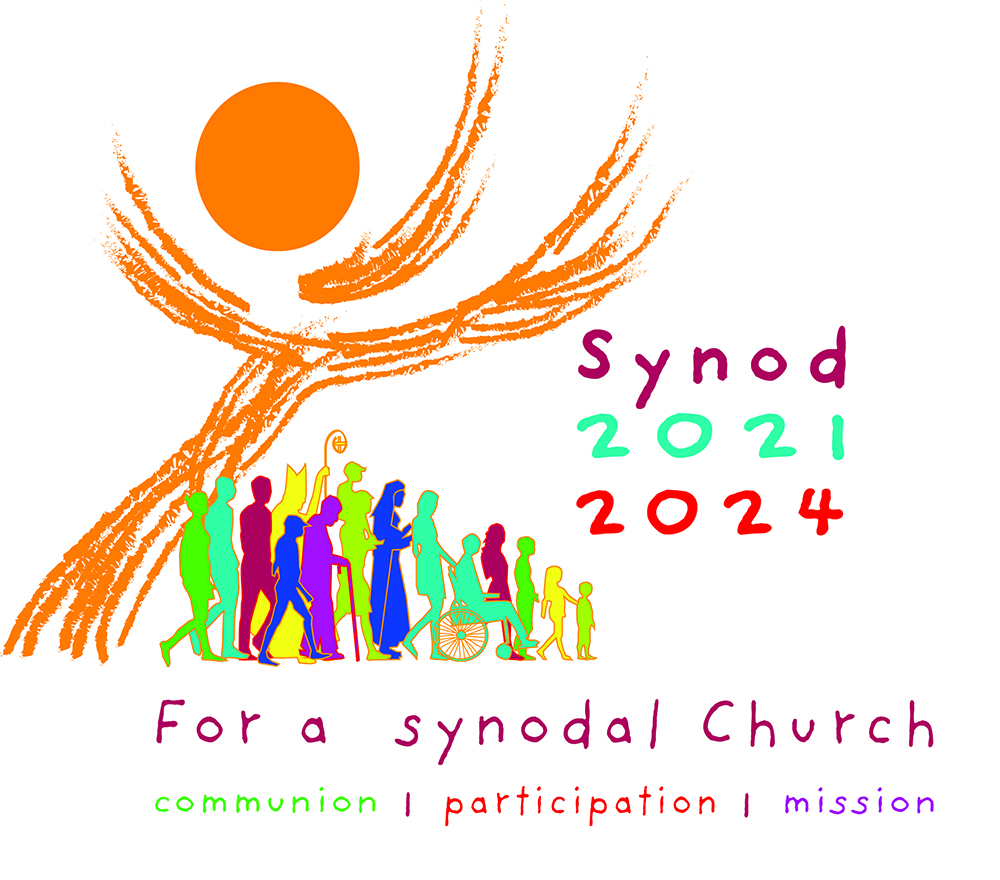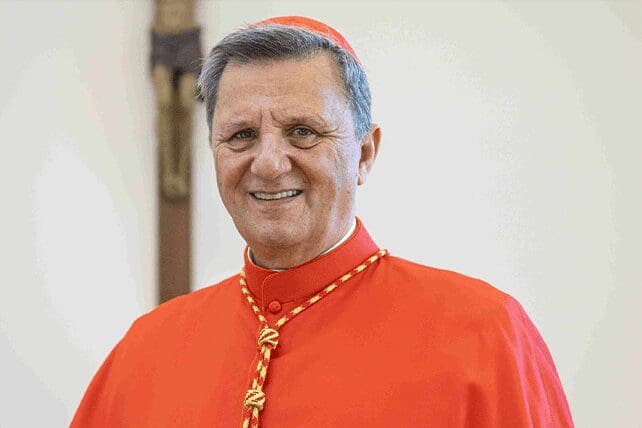VATICAN CITY (RNS) — Every summit of bishops called by Pope Francis has been ripe with expectations about the possible reforms — and novelties — that it might introduce in the over 2,000-year-old institution. The pope’s latest effort, the Synod on Synodality, now underway and continuing through the end of 2024, has already fomented ardent debate on some of the most controversial topics within the church, from female ordination to LGBTQ inclusion.
Francis’ vision for the synod is a balance of traditionalists’ love of orthodoxy and the pope’s enthusiasm for reform. Cardinal Mario Grech, secretary general of the Vatican’s synod office, told Religion News Service Wednesday (Nov. 30) that when considering expectations for the synod, “the only limit is the Word of God, understood in the light of tradition.”
That formulation, however, has caught its organizers at the Vatican between the two sides and risks disappointing both.
Addressing this polarization, Grech said that any change that will come from the synod will be inspired by the Holy Spirit, while taking into account the church’s historical beliefs. “The Spirit doesn’t speak in a vacuum, but it helps us to understand, deepen and translate the word of God in our everyday lives,” he said. “Obviously we also need a guide: how the word has been received, deepened and applied by those who came before us.
“If we use these tools, then we can be certain that we are walking down the right path,” he added.
The synod, a massive consultation of Catholics around the world on the theme of “Communion, Participation and Mission,” hands a microphone to the ordinary faithful, inviting them to express their ideas and concerns at the parish and diocesan level, in person and online. The results of those discussions, communicated to the Vatican via the national bishop’s conferences, have been collected in a summary called the Document for the Continental Stage. It will be considered by large assemblies of lay and religious Catholics grouped in seven continental assemblies.
Much of the rank-and-file’s discussion represented in the document, even from some of the church’s most conservative corners, concern the ordination of women, the need to adapt church doctrine on sexuality and to combat clerical sexual abuse. Conservatives fear that the synod will do too much; liberals fear it will do too little to keep up with these demands.
But Grech, speaking at the presentation of “Walking Together,” a new book collecting Pope Francis’ teaching on synodality, said, “The synod isn’t the search for a compromise between opposing factions, opposing parties. There are neither winners nor losers.”
The synod, he said, seeks to interpret the will of the Holy Spirit rooted in truth, “and truth can be presented by a minority, a group or even an individual.”

Synod on Synodality logo. Courtesy image
How the truth will emerge from the synodal debates remains unclear. The Document for the Continental State is also loosely interpreted as contributing to authoritative church teaching, but the final takeaway will likely not come until the pope has issued a post-synodal apostolic letter that comprises the main reflections and deductions of the synod. The contents of such a letter are considered part of the magisterium, or official teaching of the church.
What is clear is that “synodality is a calling for the church in the third millennium,” according to Sister Nathalie Becquart, the undersecretary at the Vatican’s synod office and the first woman to occupy that office. The synod will lead “to a new reception of the Second Vatican Council,” she added, suggesting that the broad consultation with Catholics will allow the reforms of the mid-1960s to finally take hold.”
While it’s too early to determine the practical changes that the synod might bring, Becquart said she wouldn’t rule out the possibility that the assemblies will discuss the church’s need for “new structures.” What those new structures look like remains unknown.

